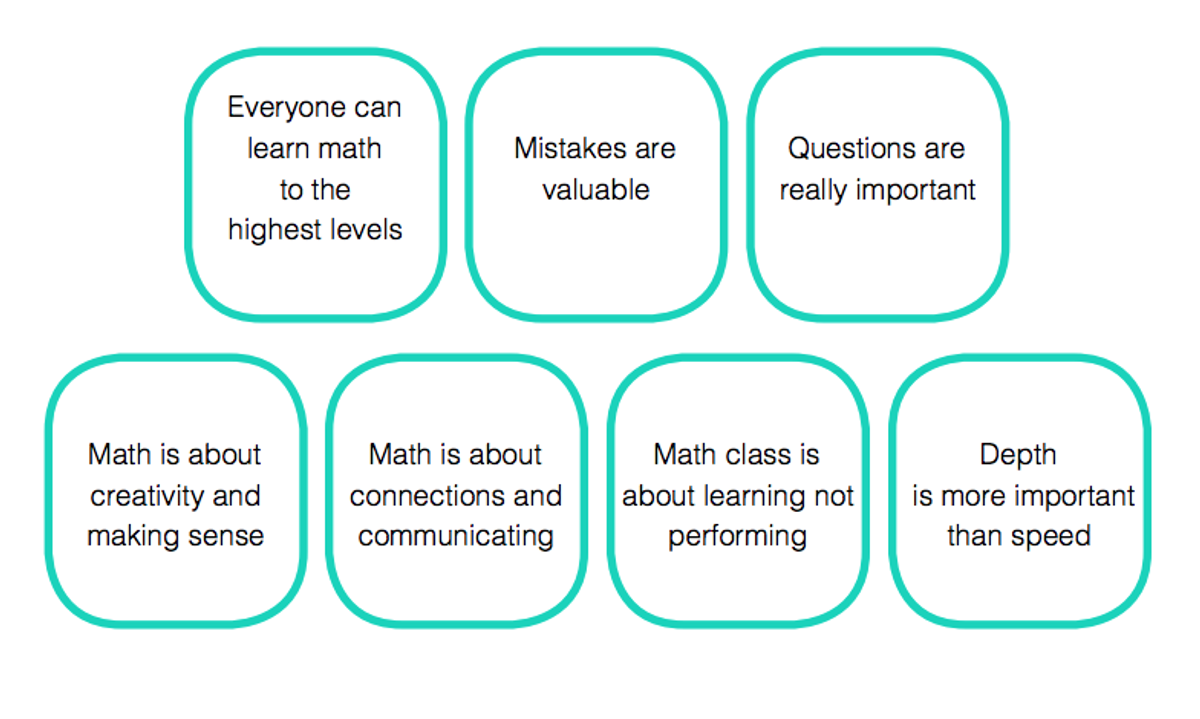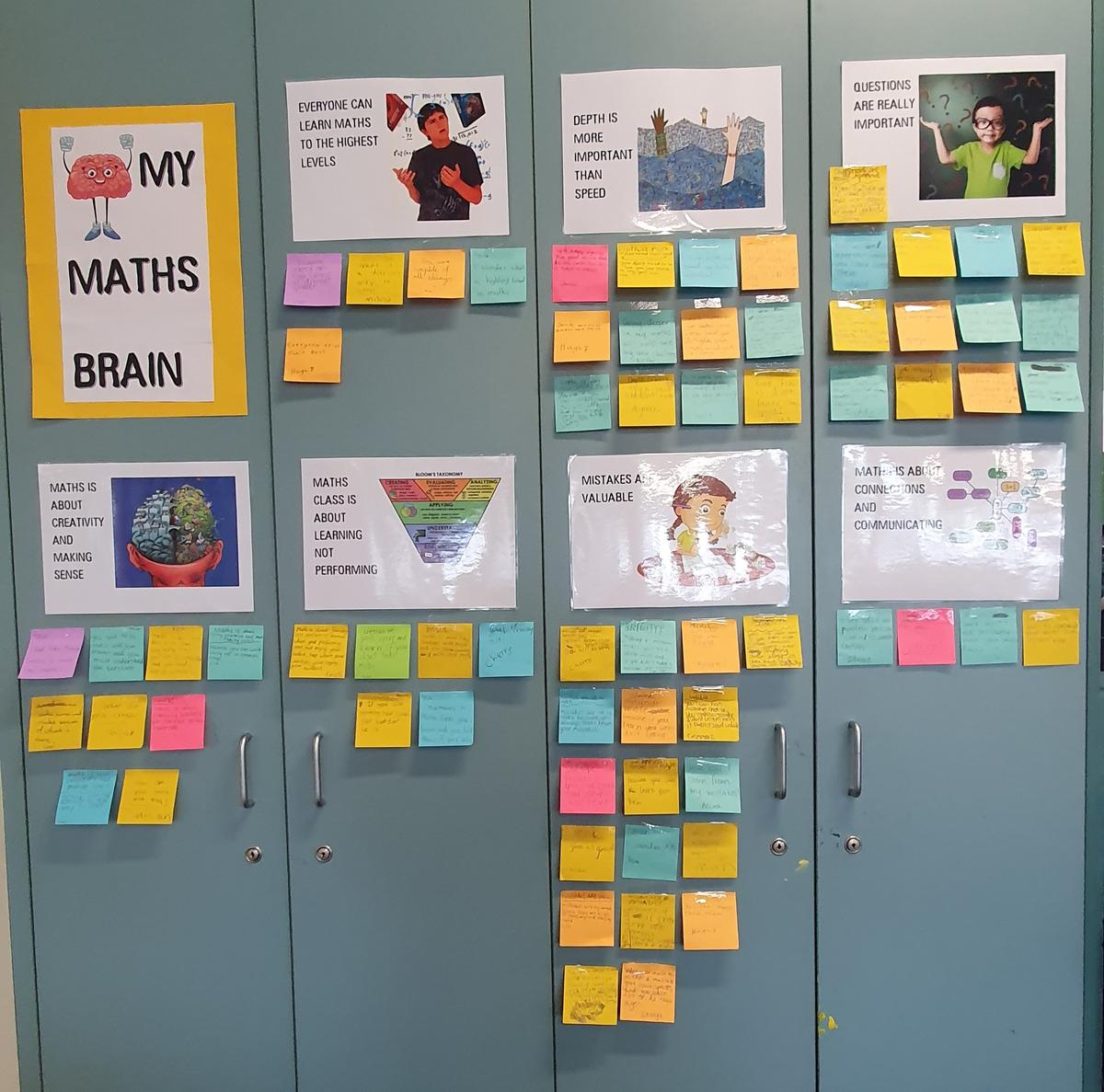MATHS

The Maths Norms
The Maths Norms is an approach to learning, encouraging the students to be more open to the learning experience, and build confidence around this subject area.
They are as follows:
As mentioned in the previous bulletin, the purpose of the norms is to provide statements by which the students can refer back to and support their own learning. As a part of our sessions we have spoken about and questioned the relevance and connections we make with these norms. Below is an example of what was discussed in 4Z. Similarly, these discussions took place in 4S and 4/5Z.
As we all approach learning using our own prior knowledge, experiences and mindset, it was interesting to see that the main responses were around the statement, ‘mistakes are valuable’. We delved a little deeper as many of the responses were positive, which was encouraging. But, when questioning how we feel towards making mistakes, the students shared some very interesting insights. When asked why they felt a certain way in regards to making mistakes in maths, students responded with the following:
My Parents - “I feel bad when I make a mistake as my parents yell and say I should know this by now.”
My Friends - “I feel bad because I don’t want to look stupid in front of my friends and I don't want them to tease me.”
My Siblings - “I feel bad because I am compared to my brother/sister and it hurts when I don’t know the answer and they do.”
My own brain - “I feel sad and hurt when I feel like I should know the answer but my own brain tells me I am not good enough and I shouldn’t even try.”
We encourage you to have conversations around these norms to promote a connection between school and home, to guide your child through these thought processes and, provide a more open and honest dialogue around assumptions and what is reality.
Just a reminder, all students have a maths brain. We are in a position, now more than ever, to embrace the fact that we are all learners, at whatever age. We continue to communicate this message to enable a growth mindset, develop confidence in our learners and, provide a variety of opportunities to allow for students to find their "mathematical brain".


